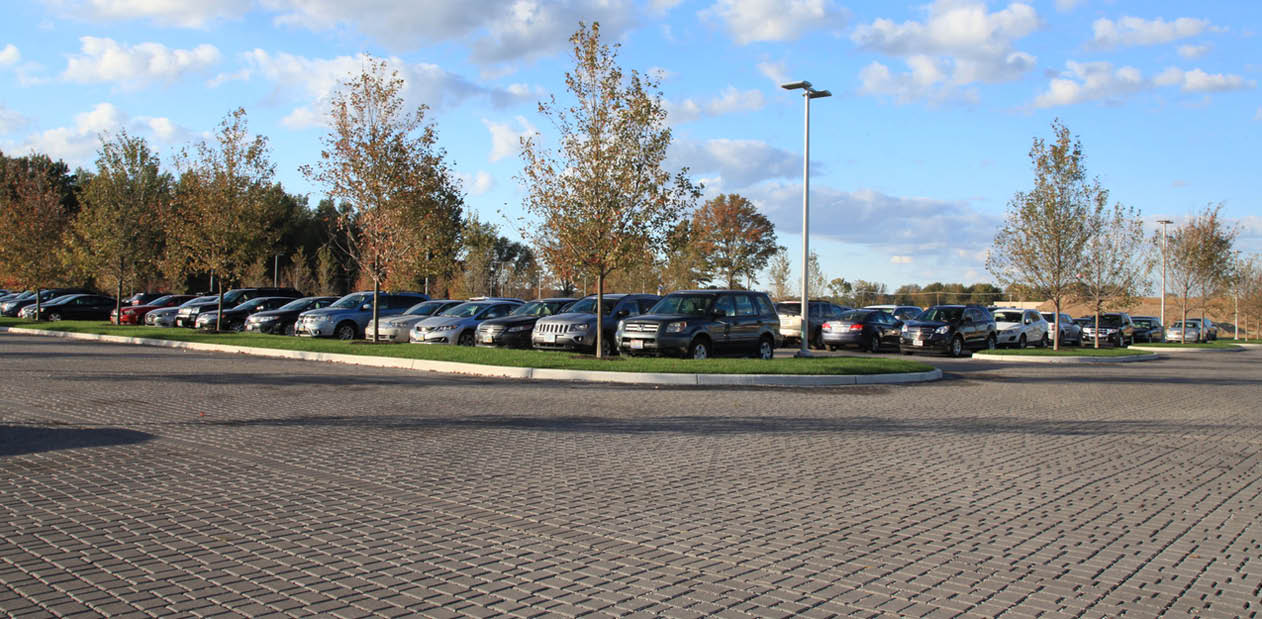Without water, life cannot survive. For fish, wildlife, and humans, clean water is a necessity. Even plants need a certain quality of water. In order to ensure clean, quality water, the implementation of effective filtration systems and sustainable practices becomes imperative. This includes embracing innovative solutions such as permeable paving systems that not only manage stormwater efficiently but also contribute to the preservation and enhancement of water quality for the benefit of all living organisms and ecosystems. The infiltration process facilitated by a permeable interlocking concrete paver (PICP) system efficiently eliminates detrimental pollutants, including oil, ensuring a cleaner and healthier environment for all.
Exploring the Impact of Permeable Pavers on Water Quality
The Environmental Protection Agency (EPA) recognizes permeable paving as a best management practices (BMP) for non-point source pollutants. Utilizing permeable pavers is a simple step to ensure cleaner water and to minimize increases in water temperature.
Often forgotten, water temperature is an important quality issue. Elevated water temperatures can trigger a surge in algae and bacterial growth, while simultaneously diminishing the capacity of the water to support various forms of aquatic life. Allowing the water to immediately drain from the surface ensures it will not be heated from an impervious surface before it reaches a runoff area.
The Interlocking Concrete Pavement Institute (ICPI) has conducted tests that determine water quality. Their findings indicate that cleaner water results from being filtered through a permeable paving system. Traditional systems have no means for cleaning water. Many municipalities in North America have begun to implement strategies to improve water quality by using BMPs like permeable paver systems. Even smaller communities have joined in the effort to create more sustainable water management systems.

Cleveland Clinic Hospital located in Avon, Ohio needed to expand in order to continue meeting the health care needs of its community. The clinic identified the need to build a new, multistory bed tower and the byproduct of this tower was the need for a massive increase in parking on a tight budget. The challenge the design team faced was that much of the available property and the adjacent property was wetland. In order to protect the wetland, stormwater runoff from the parking lot was not allowed. The design team, in conjunction with the Army Corps of Engineers, decided that permeable pavers were the best approach to deal with the stormwater sensitivities. The high infiltration rate of Eco-Optiloc™ meant that stormwater would be reabsorbed below ground. The ‘L’ interlocking shape of Eco-Optiloc™ provided superior resistance to heavy vehicular and truck traffic. The mechanical installation of the pavers, coupled with the low cost of maintenance, kept the project on budget in the short and long term.
Explore the wide array of permeable paver options in your local market.




